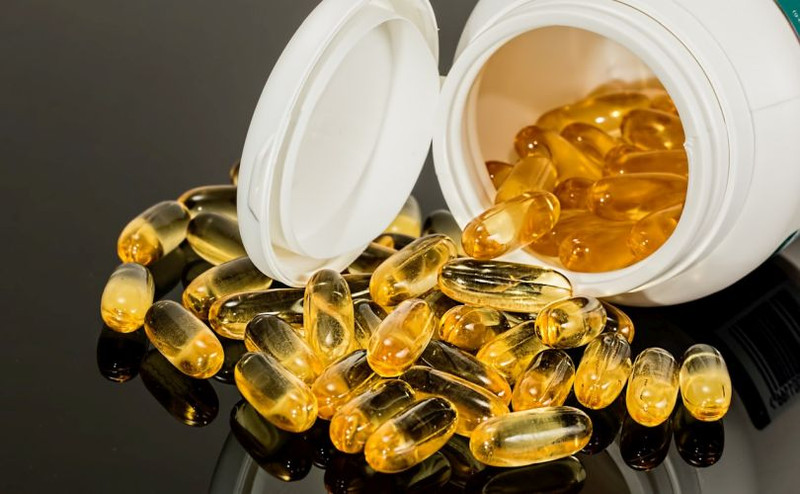Omega-3 fatty acids, usually found in fish oils, comprise one of the best go-to nutritional supplements when it comes to restoring, maintaining, or even improving our health. Name any well-known health condition that can be aided by particular types of diets, then put together a list of foods and supplements deemed highly suitable for such diets, and, finally, be amazed by how often omega-3's appear on those lists. Word has been getting around for decades about how omega-3's two main fats can work wonders for us. They go by the names of DHA (docosahexaenoic acid) and EPA (eicosapentaenoic acid), and fans of omega-3 fatty acids – and there are millions – know their benefits oh so well. But wait, there's more! Only in recent years have health experts discovered a third member of the omega amigos, and it goes by the name of DPA, short for docosapentaenoic acid.
An Introduction Is in Order
So, you might be wondering, what is DPA, why are we just now learning about it, and what makes it so special? One question at a time, please. First, DPA, as well as each of its two cousins, is an essential fat that provides health benefits; in its case, specifically, DPA has been identified as being the most important of the three for lessening inflammation in our bodies and reducing the risk of cardiovascular disease, per jymsupplementscience.com. Second, regards the idea that we're just now finding out about it? That's not really true; health experts have known about DPA's existence for many years, but scientific research still is seeking more information about the fat, and word is trickling down to the public – we consumers – just in the last decade. Finally, what makes it so special? For one thing, DPA is actually an elongated form of EPA, and it has properties that overlap both what EPA and DHA bring to the (dining) table. New DPA research is ongoing and revealing more facts about how vital this third omega-3 fat really is. Here are some tidbits about what is already known about DPA through recent research:- DPA not only helps in reducing inflammation and enhancing heart health, it even has a role in preserving brain function.
- Expanding on the subject of cognition, a study done in Ireland found that rats fed DPA managed to preserve synaptic connections that are otherwise often severed during the aging process of humans, resulting in gradual loss of brain function, per naturalbiology.com.
- One more thing about DPA and brain function: Observational studies, as cited by National Institutes of Health (NIH), found that depression and schizophrenia patients had lower DPA levels than the levels found in healthy people. Additionally, DPA deficiency in pregnant women was linked to a higher incidence of postpartum depression.
- Some of the EPA we consume is converted into DPA, but some of the EPA gets lost in transition, meaning the only way we can be sure to get enough DPA is to use supplements, per jymsupplementsscience.com.
- Why is DPA referred to as an elongated version: of EPA? The former has two extra carbons in its chain as well as the same number of double bonds as found in EPA, per NIH.
- NIH also reports that estimates worldwide show that 28 million life-years are lost each year from illness, disability or early death resulting from inadequate omega-3 intake. Furthermore, long-chain omega-3 deficiency is ranked among the 10 most preventable causes of all-cause death.
- Researchers in Finland found that DPA can diminish the risk of heart attacks. Not only that, it also can reduce triglycerides and cholesterol levels, helping to round out its ability to protect the cardiovascular system as a whole.
- As far as dietary sources of DPA, seafood is the richest source, per therantingsofamadscientist.blogspot.com, with Atlantic mackerel and Florida pompano containing more DPA per 100 mg of edible meat than that of salmon, which is one of the richest sources for EPA and DHA.
- One more thing about DPA with regards to our cardiovascular system: it ranks ahead of both DHA and EPA in terms of cutting back on platelet activation, which effectively reduces the chances for the formation of dangerous blood clots.

